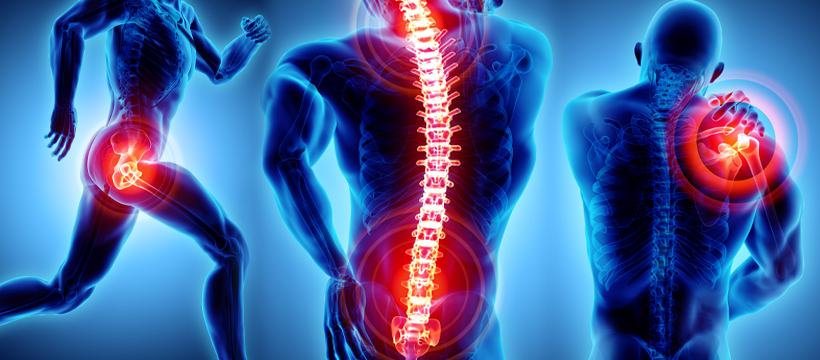
Are you constantly battling with chronic pain? Do you find yourself struggling to manage your pain effectively? In this comprehensive guide, we will explore the various strategies and techniques available for pain management. From medication to alternative therapies, we will delve into the different options to help you find relief and improve your quality of life.
Understanding Pain and Its Impact
Pain is a complex and subjective experience that can vary greatly from person to person. It can be acute, lasting for a short period of time, or chronic, persisting for weeks, months, or even years. Regardless of the type of pain you are experiencing, it can have a significant impact on your daily life, affecting your mood, sleep, and overall well-being.
Types of Pain Management Techniques
1. Medication
One of the most common ways to manage pain is through the use of medication. There are various types of pain medications available, including over-the-counter options like acetaminophen and ibuprofen, as well as prescription medications such as opioids and antidepressants. It is essential to work closely with your healthcare provider to determine the most appropriate medication for your pain and to monitor for any potential side effects.
2. Physical Therapy
Physical therapy is another effective way to manage pain, particularly for musculoskeletal conditions. A physical therapist can design a personalized exercise program to help improve strength, flexibility, and function, ultimately reducing pain and preventing further injury.
3. Acupuncture
Acupuncture is a traditional Chinese medicine technique that involves the insertion of thin needles into specific points of the body. This practice is believed to help stimulate the body’s natural healing processes and release endorphins, which are the body’s natural painkillers.
4. Mind-Body Techniques
Mind-body techniques, such as meditation, yoga, and guided imagery, can also be beneficial for pain management. These practices can help reduce stress, improve relaxation, and enhance the body’s ability to cope with pain.
Tips for Effective Pain Management
- Stay active: Regular physical activity can help reduce pain and improve overall health.
- Practice relaxation techniques: Deep breathing, progressive muscle relaxation, and mindfulness meditation can help calm your mind and body.
- Maintain a healthy lifestyle: Eating a balanced diet, getting enough sleep, and avoiding tobacco and alcohol can all contribute to better pain management.
- Seek support: Joining a support group or talking to a counselor can provide emotional support and coping strategies for dealing with pain.
In conclusion, managing pain effectively requires a comprehensive approach that addresses the physical, emotional, and psychological aspects of pain. By exploring a combination of medication, therapy, and lifestyle changes, you can take control of your pain and improve your quality of life. Remember to consult with your healthcare provider before implementing any new pain management strategies to ensure they are safe and effective for your individual needs.
